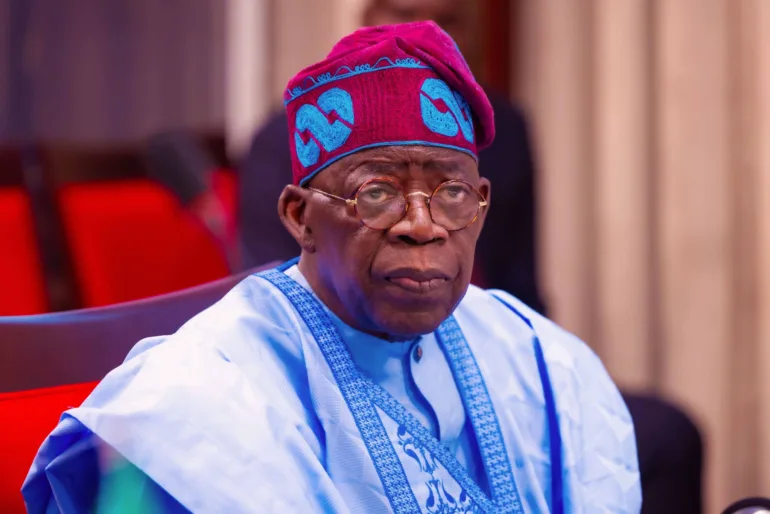President Bola Tinubu has ordered a comprehensive review of deductions and revenue retention practices by Nigeria’s key revenue-generating agencies, as part of efforts to boost public savings, enhance spending efficiency, and unlock funds for national development.
The agencies affected include the Federal Inland Revenue Service (FIRS), Nigeria Customs Service, Nigerian Upstream Petroleum Regulatory Commission (NUPRC), Nigerian Maritime Administration and Safety Agency (NIMASA), and the Nigerian National Petroleum Company Limited (NNPC).
The directive was issued during Wednesday’s Federal Executive Council (FEC) meeting in Abuja and announced by the Minister of Finance and Coordinating Minister of the Economy, Wale Edun.
According to Edun, the President specifically called for a reassessment of NNPC’s 30% management fee and the 30% deduction for frontier exploration, as stipulated under the Petroleum Industry Act. The Economic Management Team, chaired by Edun, has been tasked with conducting the review and submitting actionable recommendations to the Council.
Tinubu said the move aligns with ongoing reforms aimed at dismantling structural distortions, restoring policy credibility, and attracting both local and foreign investment. He added that these reforms have already improved macroeconomic stability and investor confidence, especially in strategic sectors like infrastructure, oil and gas, health, and manufacturing.
Reaffirming his administration’s commitment to the Renewed Hope Agenda, Tinubu reiterated Nigeria’s goal of achieving a $1 trillion economy by 2030, which requires an annual growth rate of at least 7% starting in 2027.
“This target is not just economic; it is a moral imperative. Higher growth is the most sustainable path to reducing poverty,” Tinubu said, citing the July 2025 IMF Article IV Report, which endorsed Nigeria’s economic direction and emphasized the need for investment-led growth.
He also highlighted the Renewed Hope Ward Development Programme, a grassroots initiative covering all 8,809 political wards in Nigeria. The programme aims to empower economically active citizens through micro-level poverty alleviation strategies, implemented in partnership with states, local governments, and the private sector.
Tinubu noted that public investment currently accounts for just 5% of GDP, largely due to low savings. He stressed the need to optimise “every available Naira,” particularly amid global liquidity constraints.
“The cost of collection and deductions from the Federation Account must be reviewed. This includes practices by agencies like FIRS, Customs, NUPRC, and NIMASA,” the President stated.
In related developments, Edun presented two memoranda to the Council: a $125 million Islamic Development Bank facility for road infrastructure in Abia State (covering 35km in Umuahia and 126km in Aba), and a plan to refinance ₦4 trillion in outstanding electricity sector liabilities. The electricity debt resolution will be phased, with initial implementation expected within four weeks, coordinated by the Debt Management Office.
Closing the FEC session, Tinubu commended the Council for “implementing bold reforms that have dismantled longstanding distortions, restored policy credibility, and strengthened the economy’s resilience.”
“Our economy is now better positioned to attract the kind of private investment that drives inclusive growth, creates decent jobs, and lifts millions out of poverty,” he said.
He urged governors to prioritise productivity-enhancing investments, food security, and local government collaboration to ensure no Nigerian is left behind.


